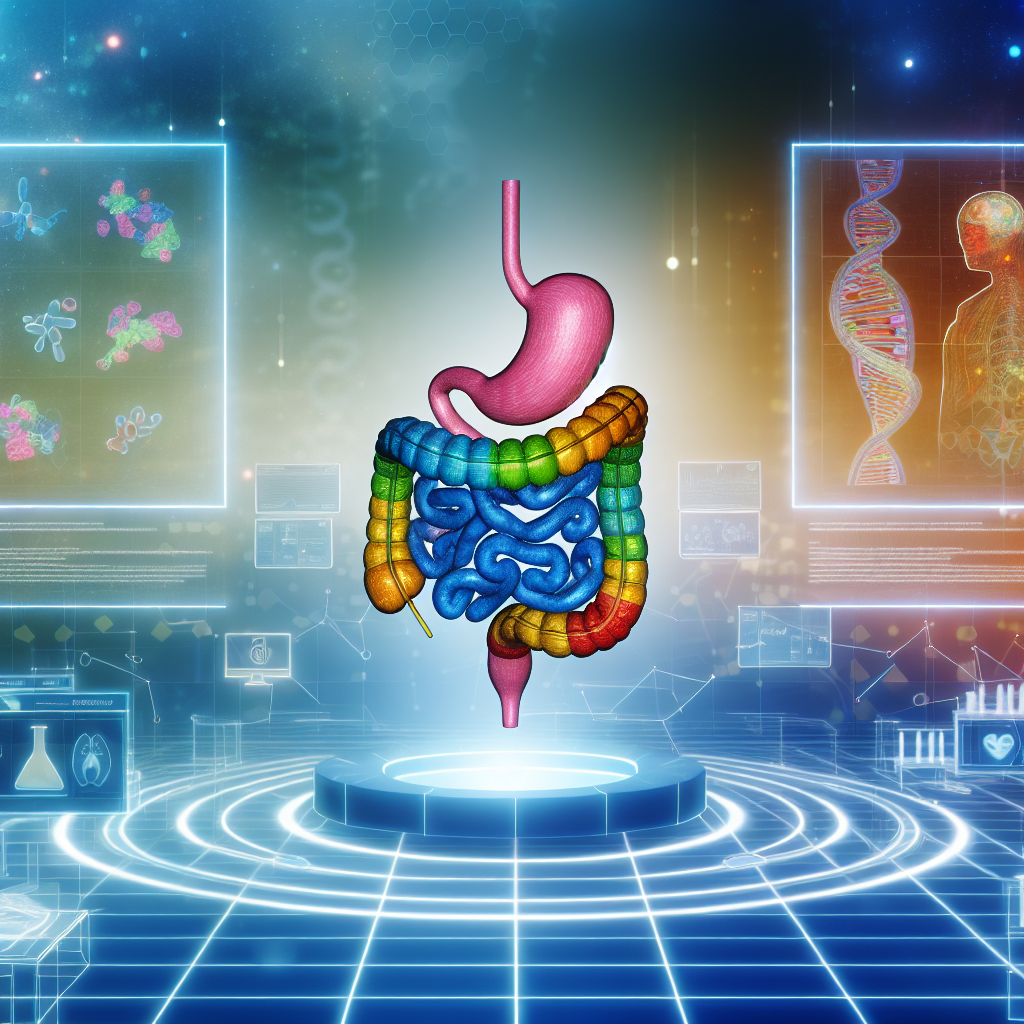Regrettably, no singular optimal dietary intervention for Ulcerative Colitis (UC) exists. Nevertheless, other dietary strategies can aid in symptom management and enhance the overall well-being of patients with UC. Here is an analysis of several crucial factors to take into account:
Direct attention towards the specific requirements of each individual:
Experimentation: The effective strategies for one individual with UC may not be appropriate for another. Discovering trigger foods and developing a customized dietary regimen typically requires experimentation and supervision from a medical professional.
Consulting an expert registered dietician specializing in managing Inflammatory Bowel Disease (IBD) can be highly beneficial. They can develop a customized strategy that takes into account your individual requirements, nutritional needs, and dietary preferences.
Lean protein foods, such as fish, chicken, skinless turkey, and eggs, are crucial for preserving muscle mass and promoting general well-being.
Overall Dietary Approaches:
Maintaining enough hydration is essential to prevent dehydration, particularly during flare-ups when diarrhea is a common symptom.
Consuming smaller meals at regular intervals throughout the day may be more easily digested by specific individuals with UC than larger, less frequent meals.
Short-term low-residue diet: Your doctor may recommend a short-term diet during flare-ups. This diet emphasizes the consumption of easily digestible foods that produce less residue in the intestines, decreasing the frequency and urgency of bowel movements.
Recommended Food Options:
Lean protein foods, such as fish, chicken, skinless turkey, and eggs, are crucial for preserving muscle mass and promoting general well-being.
Fruits and vegetables are abundant in vitamins, minerals, and fiber. Nevertheless, certain individuals with UC may encounter challenges tolerating high-fiber foods.
Strive for diversity and observe which options you can handle most effectively. Processed or deshelled fruits and vegetables may facilitate digestion.
White bread, pasta, and rice made from refined grains are often easily digested and serve as a source of energy.
A meticulously maintained food diary can be a significant instrument for patients diagnosed with Ulcerative Colitis (UC).
Foods to restrict or abstain from (if causing symptoms):
High-Fiber Foods: Although fiber generally benefits gastrointestinal health, certain high-fiber foods such as raw fruits and vegetables, nuts, seeds, and whole grains may exacerbate symptoms in individuals with UC.
Spicy Foods: Consuming spicy foods can irritate the digestive tract and exacerbate symptoms of UC in certain individuals.
High-fat or oily foods: These might challenge the digestive process and induce digestive discomfort.
Dairy Products: Individuals with lactose intolerance may experience exacerbated symptoms such as diarrhea and bloating while consuming dairy products. Lactose-free dairy alternatives may be appropriate for specific individuals.
Further suggestions:
A meticulously maintained food diary can be a significant instrument for patients diagnosed with Ulcerative Colitis (UC), helping them pinpoint potential trigger foods and enhance the management of their condition.
By diligently documenting your food consumption and related gastrointestinal symptoms, you can discover patterns and connections that may offer vital insights into your dietary requirements and sensitivities.
Food diary maintenance entails recording each item ingested, along with precise quantities and the corresponding time of consumption. Additionally, it is crucial to record any symptoms you encounter, such as abdominal pain, diarrhea, bloating, or alterations in bowel motions.
This extensive compilation might help you determine which foods are worsening your UC symptoms and which ones are more manageable.
By identifying these specific foods that elicit certain reactions in your body, you can make well-informed judgments about what you eat and modify your meal plans accordingly.
Over time, when you analyze your food diary, you may begin to observe that specific foods or food groups consistently elicit your UC symptoms. These items may include foods rich in insoluble fiber, dairy products, spicy or acidic foods, or even seemingly innocuous substances such as garlic or onions.
By identifying these specific foods that elicit certain reactions in your body, you can make well-informed judgments about what you eat and modify your meal plans accordingly.
Furthermore, keeping a meal diary might help you recognize consistent trends in your total dietary consumption, such as deficiencies or imbalances in nutrients that can be causing your UC symptoms. Subsequently, you can share this information with your healthcare physician, who can provide tailored suggestions for dietary adjustments or supplement therapies to address any nutritional issues.
Maintaining a comprehensive food journal necessitates dedication and regularity, but it offers significant advantages for those with UC. By diligently documenting your nutritional consumption and observing patterns of symptoms, you can acquire vital knowledge that enables you to adopt a more proactive stance in controlling your disease and enhancing your overall quality of life.
Stress management: Stress can worsen symptoms of UC. Healthy strategies, such as relaxation techniques or physical exercise, can be advantageous in effectively managing stress.
Consult your physician regarding the potential advantages of including supplements such as probiotics or fish oil in your regimen.
Consult your physician regarding the potential advantages of including supplements such as probiotics or fish oil in your regimen. These may help promote gastrointestinal well-being in those with UC.
Keep in mind:
Before making substantial modifications to your diet, especially if you have UC, it is imperative to seek guidance from a medical practitioner or a certified nutritionist.
They can assist you in formulating a secure and efficient nutritional regimen that caters to your requirements and facilitates optimal control of your condition.
Below are many resources that may be beneficial to you:
The Crohn’s and Colitis Foundation provides nutrition tips for Inflammatory Bowel Disease patients. The website you provided is the official website of the Crohn’s & Colitis Foundation. It offers information and resources on diet and nutrition for patients and caregivers.
National Institutes of Health: https://www.niddk.nih.gov/about-niddk/strategic-plans-reports/burden-of-digestive-diseases-in-united-states/inflammatory-bowel-disease

Dominic E. is a passionate filmmaker navigating the exciting intersection of art and science. By day, he delves into the complexities of the human body as a full-time medical writer, meticulously translating intricate medical concepts into accessible and engaging narratives. By night, he explores the boundless realm of cinematic storytelling, crafting narratives that evoke emotion and challenge perspectives.
Film Student and Full-time Medical Writer for ContentVendor.com




